Guest speakers
PLENARY SPEAKERS
Title of the presentation: From Magnetics to Ultrasound – Augmented CMOS for biomedical applications
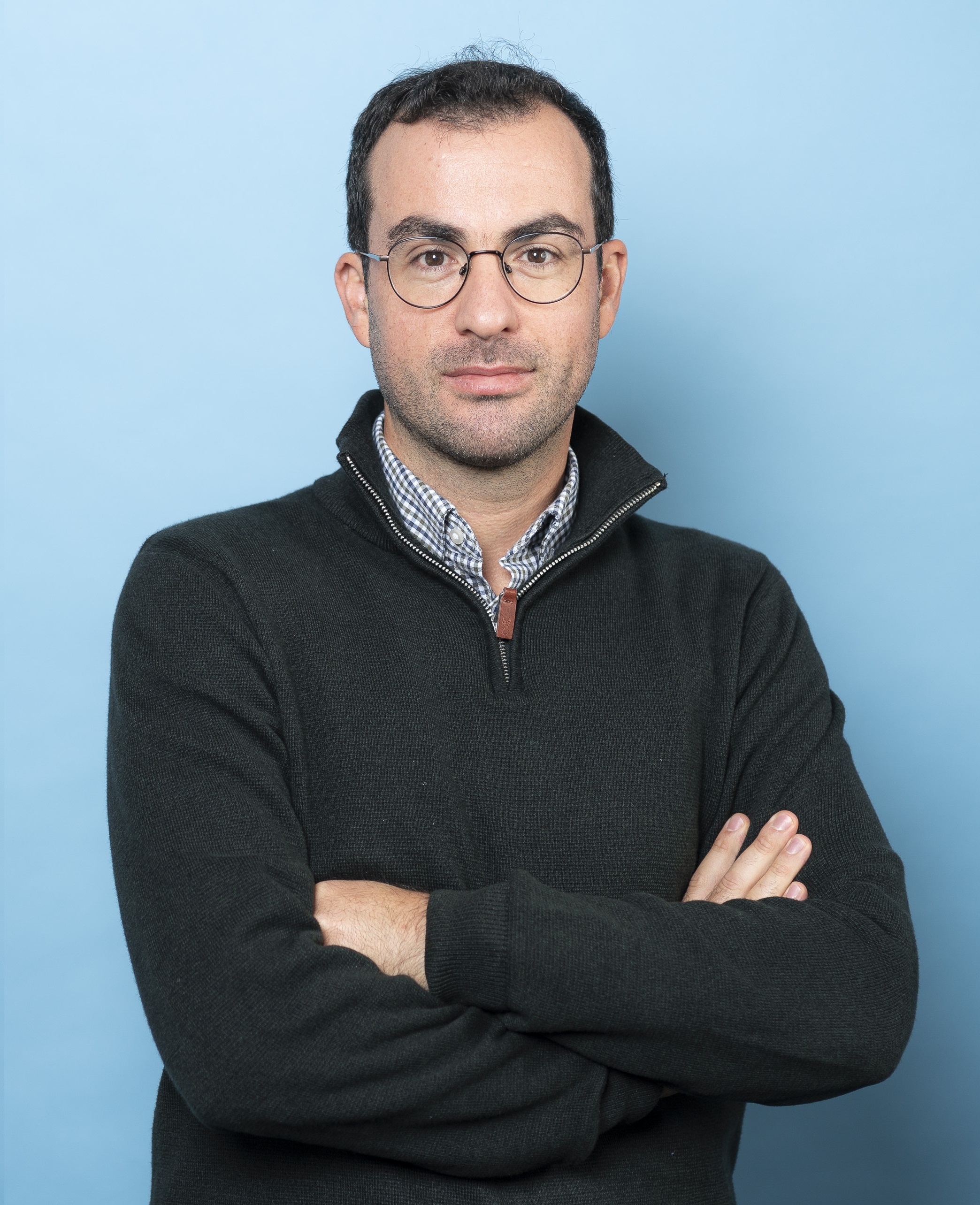
Tiago Costa received the B.Sc. and M.Sc. degrees in Electrical Engineering and the PhD in Electrical and Computer Engineering, all from Instituto Superior Técnico (IST), University of Lisbon, Portugal, in 2006, 2008, and 2014, respectively. His PhD thesis focused on the development of CMOS integrated circuits for magnetoresistive sensors interface for biomolecular recognition and neuronal recording. From 2015 to the summer of 2019 he was a postdoctoral research associate at the Bioelectronics Systems Lab at Columbia University, New York, USA, where he worked on ultrasound phased array systems for noninvasive nerve stimulation. Since October 2019 he is an Assistant Professor of Bioelectronics at Delft University of Technology, where his group is pursuing the development of ultrasound microsystems for the next generation neurotechnologies.
Title of the presentation: High Frequency Semiconductor Technologies and Components for Satellite Communication
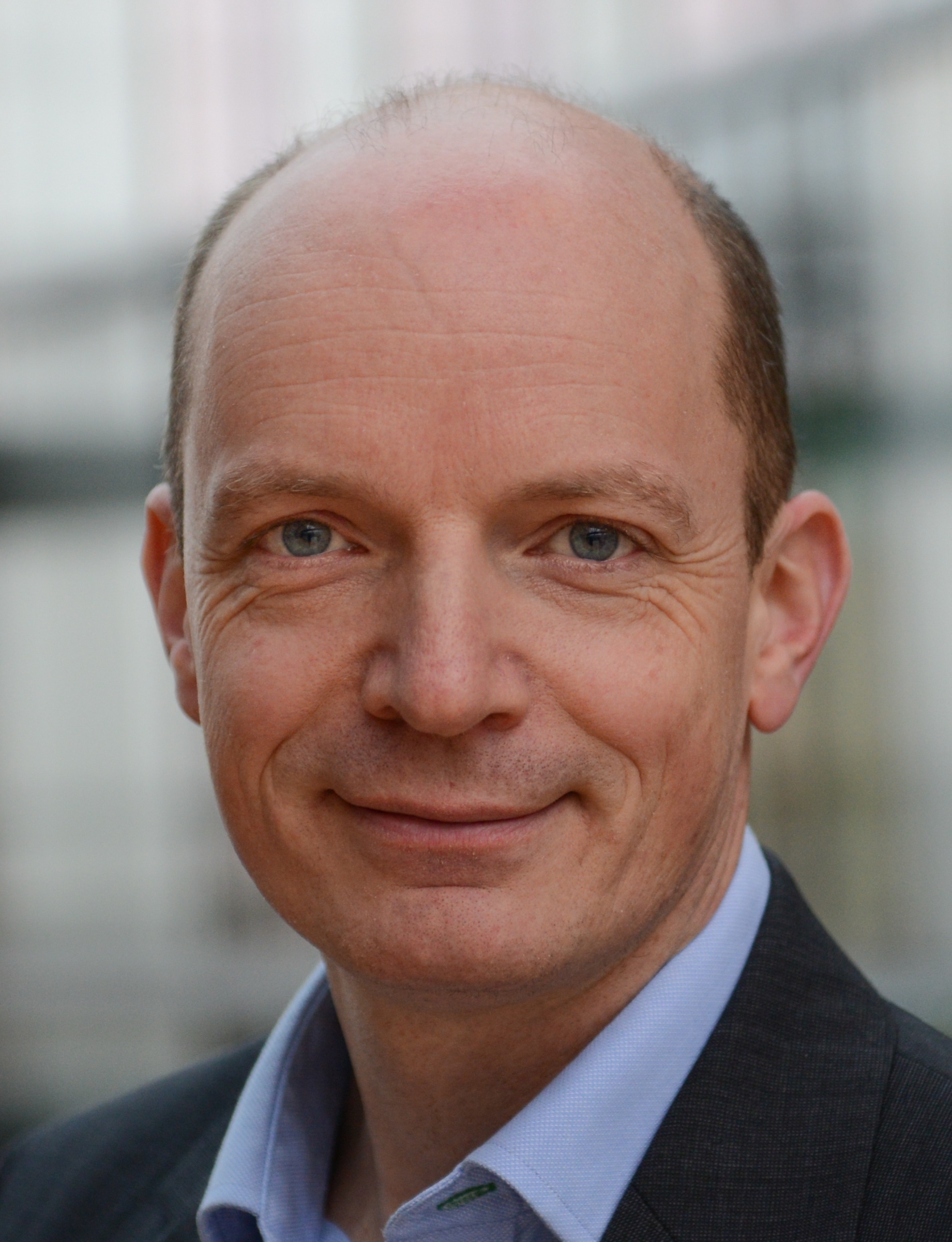
Niels Kramer received his MSc in 1992 and PhD in 1996 in Applied Physics from the Twente University in The Netherlands. In 1997 he started his industrial career in the semiconductor industry with Philips Semiconductors, that later became NXP. He first position was in semiconductor process technology development and manufacturing, later he specialized in RF device physics and components. He held several management positions within NXP, and later with Philips as head of the MEMS foundry. From 2016 to 2018 he worked for MACOM as senior director for integrated RF products. In 2018 he was one of the co-founders of Altum RF, a Netherlands based fabless RF component company, that is specialized in GaAs and GaN MMICs for high frequency applications. Niels manages the office in Eindhoven and is responsible for marketing, road mapping and strategy within Altum RF.
SAFE SPEAKERS
Title of the presentation: Transfer-free multi-layer graphene: A scaleable platform for NEMS/MEMS sensors
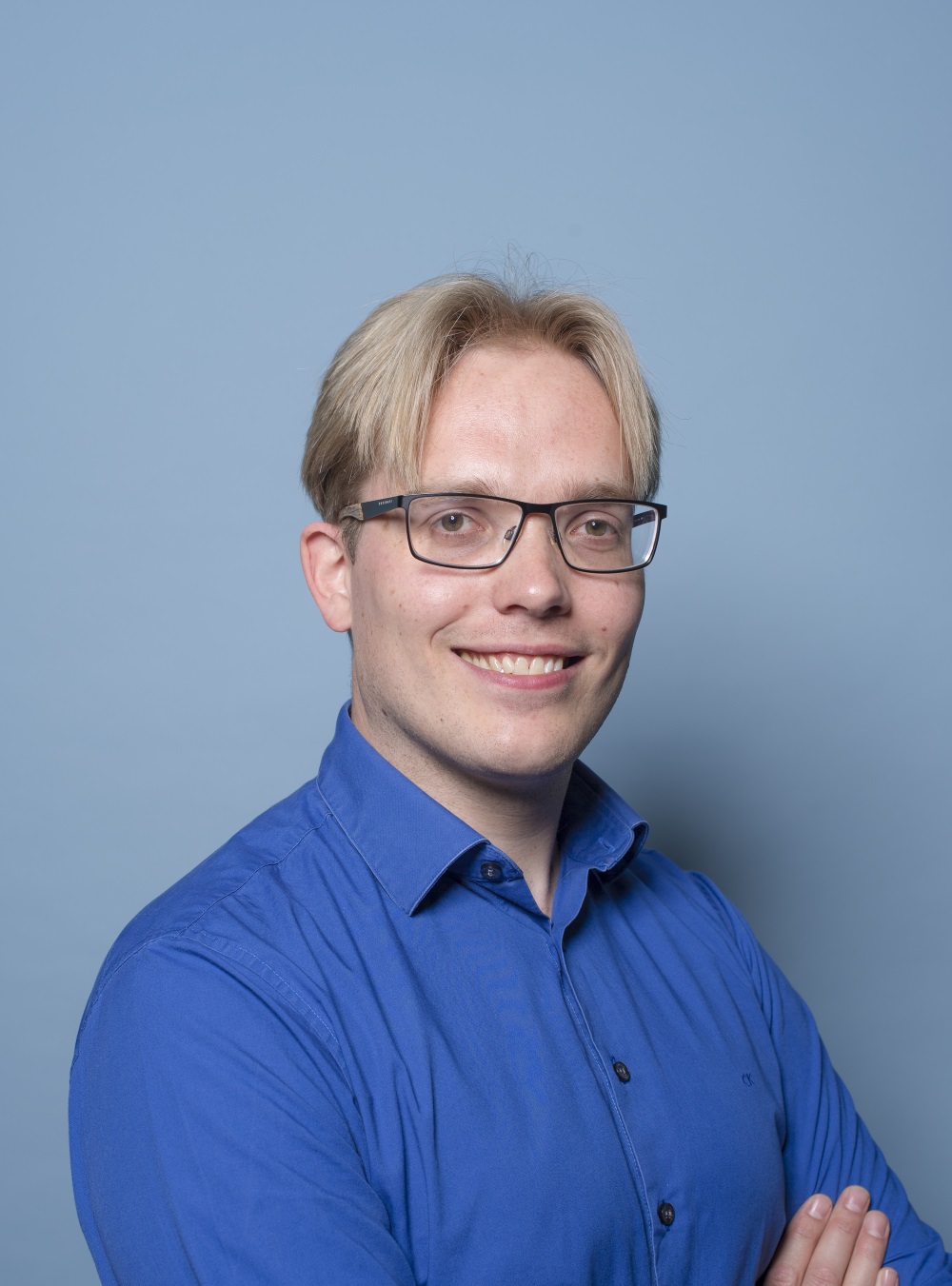
Sten Vollebregt (Senior Member, IEEE) received the M.Sc. (cum laude) degree in electrical engineering from Delft University of Technology in 2009 and the Ph.D. degree from the Department of Microelectronics, Delft University of Technology, in 2014. His PhD focused on the low-temperature high-density growth of carbon nanotubes for application as vertical interconnects in 3D monolithic integrated circuits. After obtaining his Ph.D., he held a postdoctoral position on the wafer-scale integration of graphene for sensing applications together with the Faculty of Mechanical Engineering and several industrial partners. During this research, he developed a unique transfer-free wafer-scale CVD graphene process. Since October 2017, he has been an Assistant Professor with the Laboratory of Electronic Components, Technology and Materials, Delft University of Technology, where his research focuses on integrating emerging electronic materials into semiconductor technology for sensing applications. His research interests are (carbon-based) nanomaterials, 3D monolithic integration, wide-bandgap semiconductors, and (harsh) environmental sensors.
Title of the presentation: Beyond mobile phone displays: leveraging flat panel display technology for biomedical applications
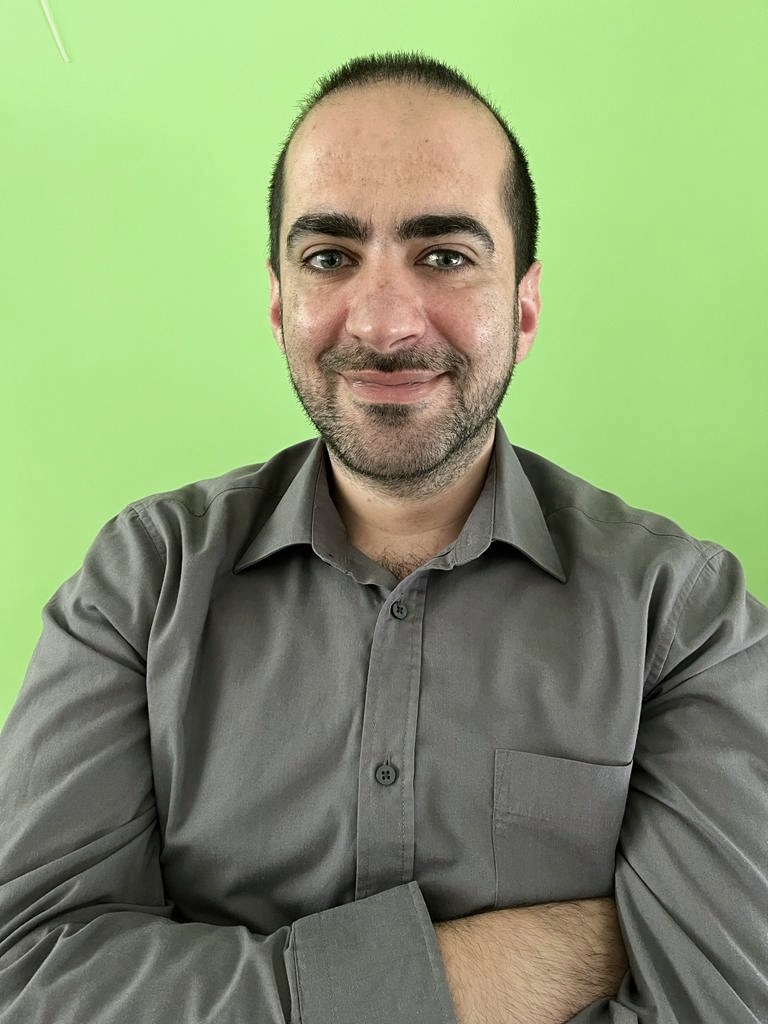
Alfredo Mameli is a research scientist at HolstCentre-TNO (Eindhoven, The Netherlands). He has received his undergraduate degree in Materials Science from the University of Bari (2013, Bari, Italy) and his PhD in Applied Physics from the Eindhoven University of Technology (2018, Eindhoven, The Netherlands). He was awarded with the Best Poster Award at the 3rd ERP 3D Nano-manufacturing Workshop and the Best Student Paper Award at the ALD/ALE 2018 conference. Alfredo has more than 15 publications in high-impact factor journals and several invited contributions at international conferences. His research interests are in atomic layer deposition (ALD), plasma etching, microelectronics and microfluidics for device fabrication. He is also executive editor in the atomic layer deposition international journal.
PRORISC SPEAKERS
Title of the presentation: Time-interleaved AD-Converters and the story of Axiom-IC / Teledyne DALSA Enschede
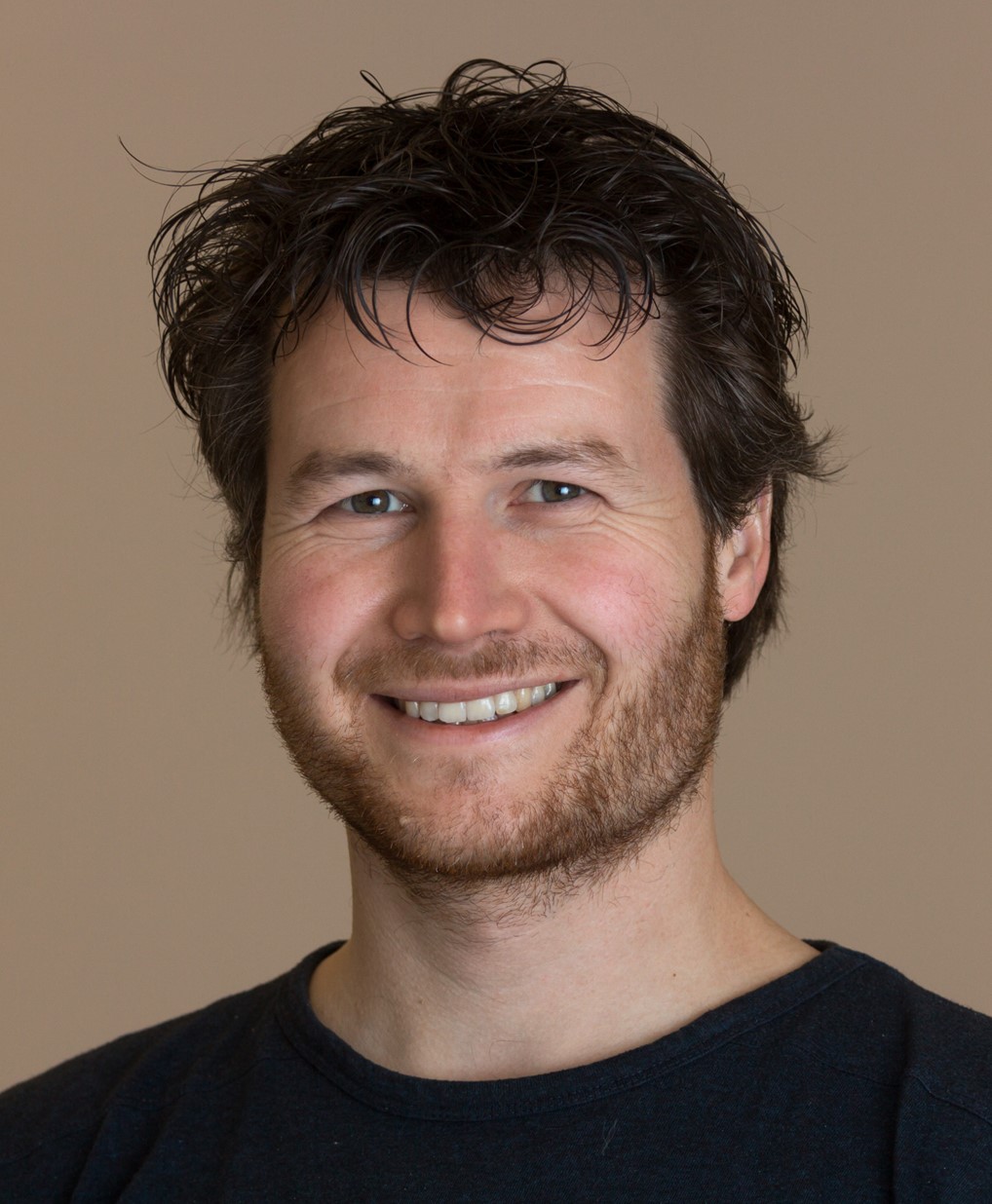
Simon Louwsma received the M.Sc. degree in electrical engineering from the University of Twente, The Netherlands, in 2001. Following that, he has been working towards his Ph.D. degree on time-interleaved ADCs within the IC-Design group at the same university. He received his Ph.D. degree in 2009. In 2007, he co-founded Axiom-IC, an IC design house specializing in data converters. In 2013 Axiom-IC became part of Teledyne DALSA, where he continues to work as architect and design specialist in the field of data converters and serial links.
Title of the presentation: Merging insights from artificial and biological neural networks for neuromorphic edge intelligence
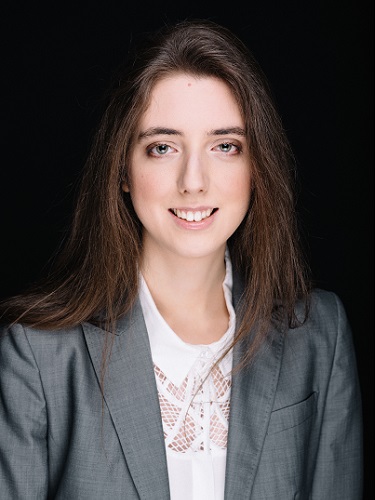
Charlotte Frenkel is an Assistant Professor at Delft University of Technology, The Netherlands. She received her Ph.D. from UC Louvain, Belgium, in 2020 and was a post-doctoral researcher at UZH and ETH Zürich, Switzerland. Her research aims at bridging the bottom-up (neuroscience-driven) and top-down (engineering-driven) neuromorphic design approaches, with a focus on digital spiking neural network processor design, embedded machine learning, and brain-inspired on-device learning. She received a best paper award at ISCAS 2020, and her Ph.D. thesis was awarded the FNRS / Nokia Bell Scientific Award 2021 and the FNRS / IBM Innovation Award 2021. She is the chair of the tinyML initiative on neuromorphic engineering, is a TPC member of IEEE ESSCIRC and DATE, and serves as an associate editor for the IEEE Trans. on Biomedical Circuits and Systems. In 2023, she received an AiNed Fellowship Grant from the NWO.